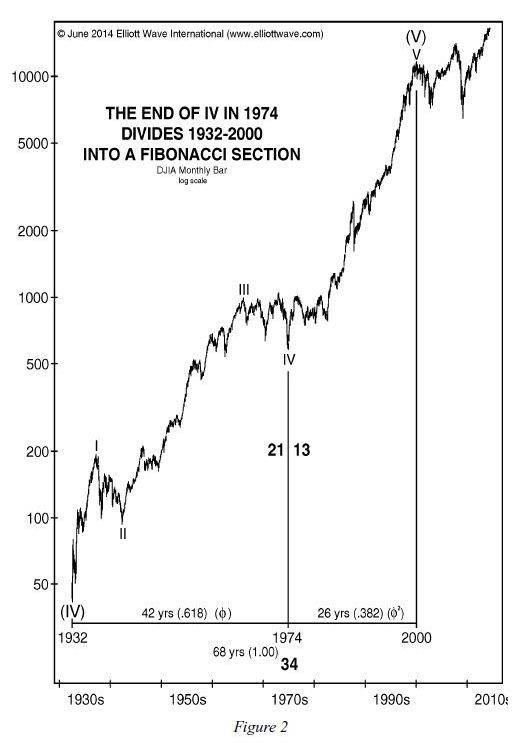Stock markets zigzag as Obama promises things will get better
Post on: 2 Январь, 2016 No Comment

By Ian Swanson — 08/05/11 09:05 PM EDT
Markets ended a jittery week by posting gains Friday after the U.S. economy added 154,000 private-sector jobs in July.
The number from the Bureau of Labor Statistics was better than expected, but it offered only a small measure of relief on a day during which stock markets zigzagged up and down.
ADVERTISEMENT
Fears of a growing European debt crisis rocked global financial markets, which rose in the afternoon after Italy’s government announced labor reforms and plans to balance the budget by 2013.
In the U.S. the unemployment rate ticked back to 9.1 percent, but that was only because of a drop in the labor force — not because more people had jobs, according to a report from the Economic Policy Institute.
Sen. John Kerry (D-Mass.) said people were right to worry about the possibility of a double-dip recession, while President Obama sought to offer reassurances on the economy.
“What I want the American people and our partners around the world to know is this: We are going to get through this. Things will get better and we are going to get there together,” Obama said in remarks from Washington’s Navy Yard.
Obama traveled to Camp David in the afternoon, just days after signing legislation to raise the nation’s debt ceiling. When he returns to Washington, he will face more questions about the economy, which is likely to be the No. 1 factor in determining whether the president wins a second term. His GOP rivals wasted no time in using Friday’s jobs numbers to criticize his handling of the nation’s finances.
Friday’s report showed local governments continuing to shed jobs, including more than 30,000 lost because of the temporary shutdown of Minnesota’s state government. Overall, the economy added 117,000 jobs.
The figures won’t give a huge boost to confidence, but they did beat expectations. Forecasters had projected the economy would add around 75,000 jobs.
Stocks jumped in the morning, with the Dow Jones Industrial Average rising 160 points immediately after the opening bell. Markets quickly gave up those gains, and the Dow was down by 160 points just after noon. Within the hour, the Dow had swung again into positive territory for the day before falling again in the late afternoon. The Dow closed up about 61 points.
It was another in a series of turbulent days for the financial markets, which had plunged Thursday.
Obama reiterated his call for Congress to extend federal unemployment benefits and a payroll tax reduction introduced this year. The GOP has been cool to both ideas, however, and House Republicans on Friday said it was time to stop spending tax dollars on efforts to stimulate the economy.
Speaker John Boehner (R-Ohio), in a statement released just minutes after the report’s release, said the figures are further proof that Washington should pivot away from “failed stimulus policies” and work for reductions in taxes and regulations that are “devastating our economy.”
House Majority Leader Eric Cantor (R-Va.) said the new report is “a slight improvement from last month,” but added it shows the economy is still ailing.
He said the debt-ceiling deal signed Tuesday by Obama was “an important step forward for our country and accomplished needed reforms without raising taxes.”
In an appearance on CNBC, Cantor said it was more important to focus on policies that would create jobs than on extending unemployment benefits, but he did not rule out another extension.
ADVERTISEMENT
In addition to the 117,000 jobs the report said were created in July, the report included revised figures for May and June that show the economy added 56,000 more jobs than last forecast in those months. The initial Labor report for June suggested the economy added only 18,000 jobs that month.
Still, the economy needs to add at least 150,000 jobs per month to really dent unemployment, given population growth.
The rate of job growth will keep the economy “firmly in low gear and on track for persistent high unemployment,” according to Heidi Shierholz, an economist with the Economic Policy Institute.
The Labor Department’s top statistician gave a grim assessment to Congress’s Joint Economic Committee Friday on how long it might take the jobs market to recover.
Bureau of Labor Statistics Commissioner Keith Hall described July’s unexpected bump as a welcome surprise, but said overall U.S. job growth is still “not strong.”
“We are so deep into job loss, we’ve really lost quite a few jobs and really fallen [so far] behind, that we really need. significantly higher job growth than we’ve had to make a dent, and even then it would probably take years to recover the jobs,” Hall told the committee.














